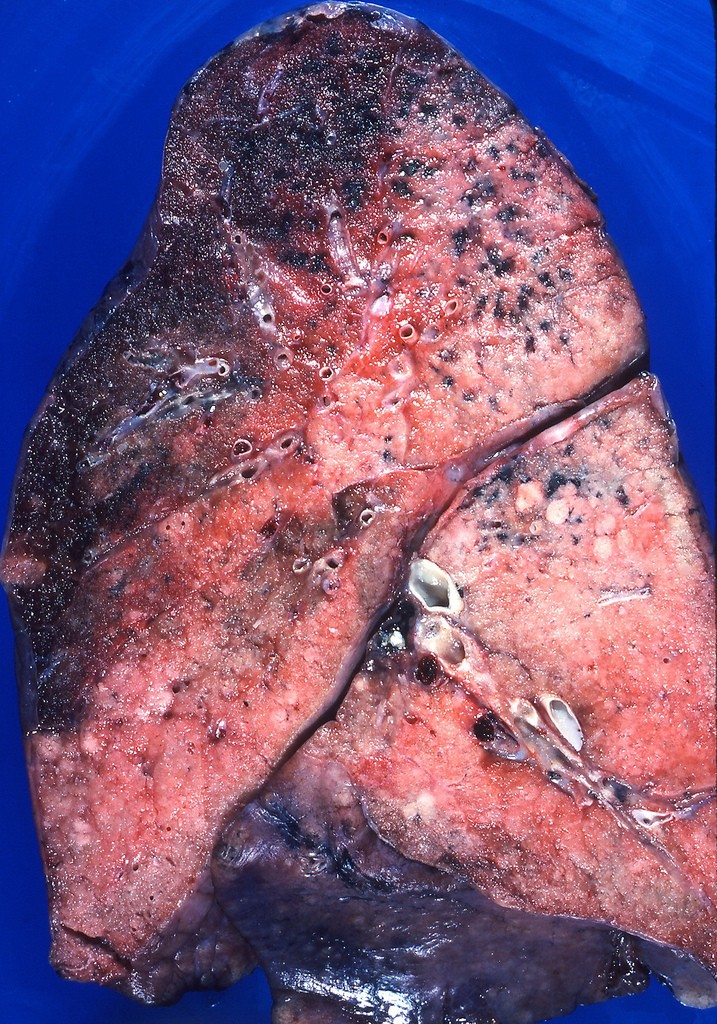How many times did you hear that cigarettes are bad for your health? And yet, every day just can’t resist the urge to order cheap fresh carton cigarettes online. Nonetheless, quitting your smoking habit can help you save money, feel better and live a longer, healthier life.
According to the Centers for Disease Control and Prevention (CDC), smoking is the #1 leading cause of preventable deaths. An estimated 36.5 million adults in the United States are smokers (15.1% of the whole population), and nicotine addiction causes more than 480,000 deaths every year. More than 16 million of these people suffer from a smoking-related disease. This means that almost half of the smokers have to pay a steep price for their addiction.
You might want to put nicotine addiction behind your back for many reasons. Perhaps you cannot tolerate feeling fatigued after just a flight of stairs. Or your doctor told you to stop because of a heart problem. Maybe you just don’t want to intoxicate your children or spouse with second-hand smoking anymore.
Whatever the reason might be, you’re now wondering how really quitting tobacco can help you. Is that true that all lung damage is eventually healed over time? Or that the beneficial effects of cessation can be experienced within hours, if not just minutes?
When quitting smoking, you will experience several physical, psychological and emotional effects. Some of them are short-term and short-lived, while others will affect your body in the long-term.
Let’s have a closer look by drawing a timeline on smoking cessation.
A few facts on smoking cessation
The life expectancy of a smoker is ten years shorter than a person who never touched a cigarette. However, if you quit smoking before 40, you can restore your lifespan to normal. The sooner you quit, the higher are the chances for your body to recover from any damage fully. This translates into a quicker reduction of the risk of cancer, lung and heart diseases.
If you stop smoking, you will save a certain amount of money, too. It doesn’t seem much, but if you multiply this amount for all the years of smoking, it’s quite a number.
You will also protect the health of those around you by saving them from exposure to second-hand smoke. Children, in particular, are especially sensitive to this passive damage. By quitting cigarettes, you will reduce their chances of suffering from asthma, bronchitis, pneumonia and even ear infections.
When you quit, your brain must “rewire itself” to stop craving nicotine. Breaking this cycle of addiction is not easy, and needs a lot of willpower and motivation. Withdrawal symptoms include anxiety, confusion, insomnia, digestive problems and anger. However, not everyone experiences the “craving” in the same way. Some (lucky) ones find this exhausting and obsessive sensation to be quite tolerable. Though, hypnotherapy can be a great way to help quit smoking, as it works on the subconscious mind to break the cycle of addiction. Hypnotherapy to quit smoking became known to help many smokers who were previously unsuccessful with traditional methods.
Quitting smoking timeline: what happens and when?
Let’s explore the beneficial effects of stopping with tobacco, as well as the nicotine withdrawal process.
After 1 hour

In just 20 minutes after you smoked your last cigarette, the heart rate will drop to normal. Blood pressure will also start decreasing, and circulation will quickly improve.
After 4-12 hours
The first symptoms of craving will set in, as nicotine levels will drop in your blood. However, carbon monoxide levels will also be reduced by almost half, while oxygen ones will increase accordingly.
After only 12 hours, all the carbon monoxide inhaled when the cigarette was smoked is eliminated. Your blood cells will bond again with oxygen, saving you from the toxic cardiovascular effects of this harmful chemical.
Peripheral circulation will slowly improve as a consequence. You may begin to feel warmth in your fingertips or tingling in the face: it’s completely normal!
After 1 day
In just 24 hours after quitting tobacco, the risk of heart attack is reduced. Good cholesterol isn’t lowered by cigarettes anymore, and your blood pressure goes back to normal. The risk of strokes is also decreased together with the chances of suffering from a blood clot.
You might start noticing some slightly more advanced symptoms of withdrawal, though. Irritability, headaches and insomnia are pretty common at this stage, but don’t worry. They’re all relatively short-lived.
After 2 days
Smoking deadens the nerve endings responsible for the senses of taste and smell. Within 48 hours after cessation, these nerve endings will start to regrow. You will experience a heightened sense of smell, and will feel many aromas and flavors you previously lost.
As the respiratory system starts to heal, it will remove many irritants and smoking debris. You can then develop a tightness in the chest as well as an annoying cough as mucus is eliminated. It won’t last long, and it’s just your system getting rid of tar and all the bad stuff.
After 3 days
Within 3 days after quitting smoking, all the nicotine in your body has been eliminated. Although your health will greatly benefit from that, withdrawal symptoms will reach their peak.
You might feel down like you have the flu, as well as experiencing sweating, sore throat and restlessness. Since nicotine interacts with the gastrointestinal system, constipation, diarrhea and stomach pain are common as your digestive tract recovers.
Once again, you must stay strong. Your energy levels will come back since your blood is now much more oxygenated. Within a week, almost every symptom will start to fade.
After 2 weeks
Your body is now starting to adapt to the lack of nicotine. You will still fight against withdrawal, but most symptoms such as cravings and increased hunger will be much less intense and frequent.
Usually, they will be over within 4-5 weeks. However, you should never put your guard down! Smoking is a nasty habit, and you can fall for it again for the rest of your life.
After 1-9 months
According to the American Heart Association, after just 1 month, your lung’s function will be greatly improved. Most of your tissues will keep on regenerating, such as the delicate cilia which require up to 9 months to fully recover.

You will experience many benefits. At first, you will notice less shortness of breath and more athletic endurance. You will experience a renewed ability to walk, run and do any physical exercise.
As the cilia finally heal, they can expel foreign material more efficiently. The effect is a reduced frequency of respiratory infections, as well as less annoying symptoms such as cough or phlegm when you catch a cold.
After 1 year
One year after you wrapped your last cigarette, your risk for coronary heart disease is decreased by half. As your cardiovascular system is getting renewed, the risk will keep constantly dropping over time.
After 5 years
Tobacco cigs contain many toxins that constrict your blood vessels. When your vessels get narrowed, there’s a chance of developing blood clots. If one of these clots moves around your body, it might cause a life-threatening stroke.
After 5 years of cessation, the chance of suffering a stroke becomes equal to that of a non-smoker. The consequence is a much-reduced mortality.
After 10 years
After 10 years, you just cut in half the risk of suffering the most terrible smoking-related disease: lung cancer. The likelihood of developing other tumors in the throat, esophagus, mouth and pancreas has similarly reduced as well.
After 15-20 years
When you reach the 15 years mark, almost all of the restorative processes are complete. Between 15 and 20 years after you quit, the chances of developing cancer, heart and lung diseases drop to the level of a person who has never smoked.
You did it! With restored lung function, better cardiovascular heart and circulation, your lifespan has now been increased by roughly another 15 years.
Conclusion
Tobacco addiction is a harmful habit that can cause severe damage to you and the people around you. Withdrawal can be hard to deal with, but having to face cancer or cardiovascular issues is undoubtedly harder.
When you finally quit, your body will naturally heal over time. Eventually, you will regain the vitality of a non-smoker.
No matter how long you smoked in your life, there’s always time to stop. The overall benefits of quitting are so many, that it’s always a sound choice regardless of your age.
REFERENCES
- National Institute on Drug Abuse. Research Report Series: Is Nicotine Addictive?. Bethesda (MD): National Institutes of Health, National Institute on Drug Abuse, 2012
- Centers for Disease Control and Prevention. Quitting Smoking Among Adults—United States, 2000–2015. Morbidity and Mortality Weekly Report 2017;65(52):1457-64
- U.S. Department of Health and Human Services. How Tobacco Smoke Causes Disease: The Biology and Behavioral Basis for Smoking-Attributable Disease: A Report of the Surgeon General. Atlanta: U.S. Department of Health and Human Services, Centers for Disease Control and Prevention, National Center for Chronic Disease Prevention and Health Promotion, Office on Smoking and Health, 2010
